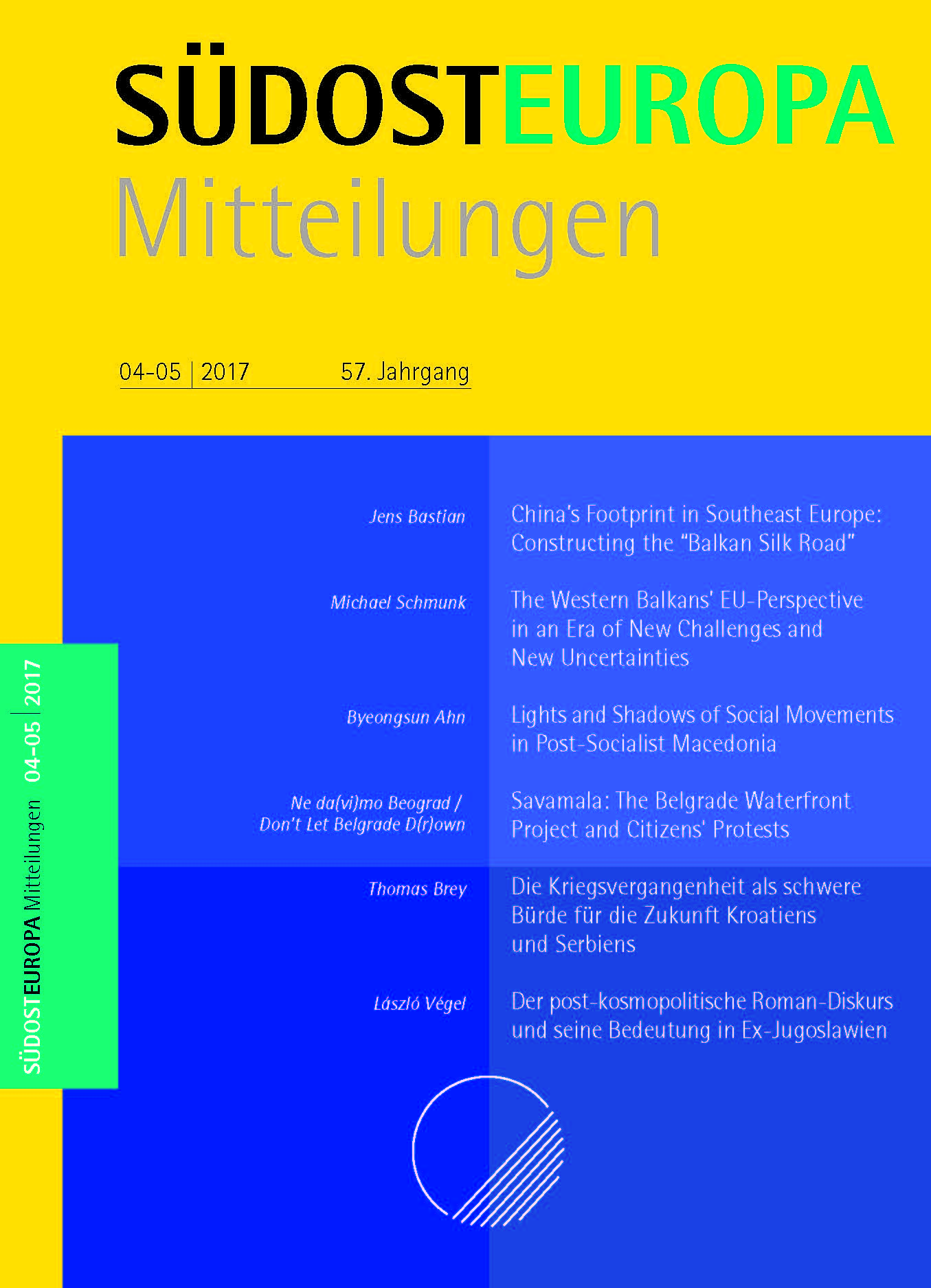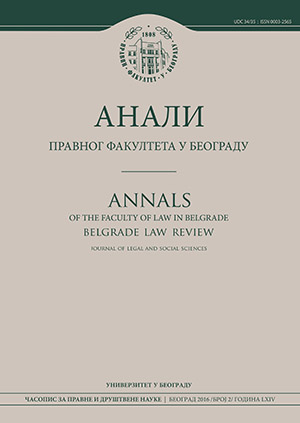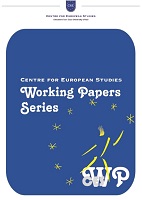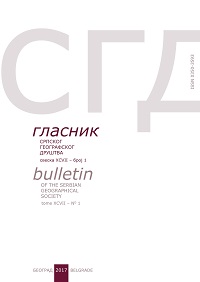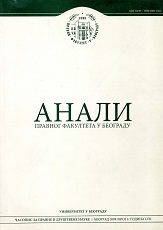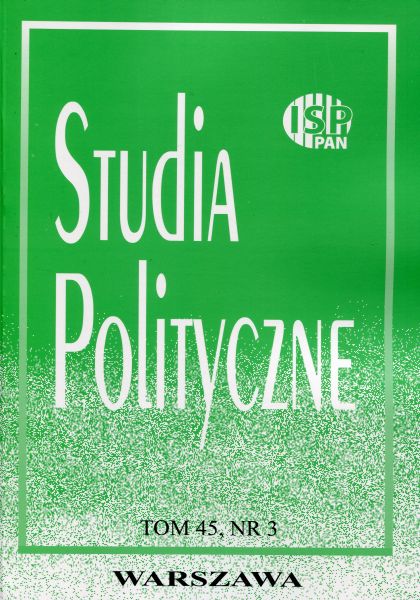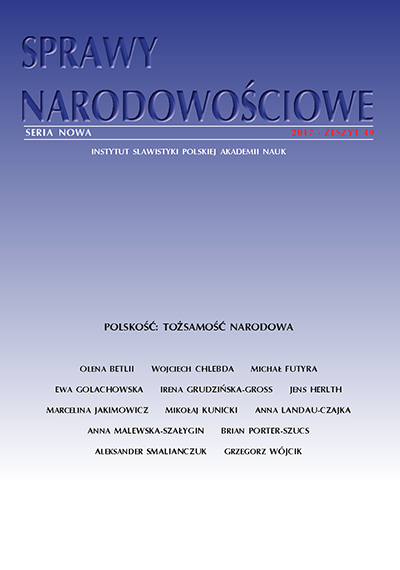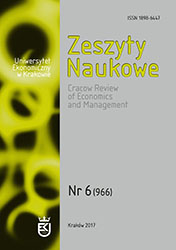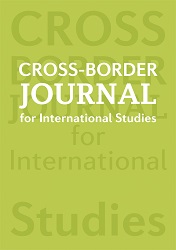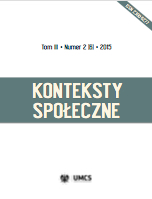
Symboliczne zanikanie granic w Europie. Strefa Schengen – konsekwencje zmiany koncepcji granic w Unii Europejskiej
The establishment the Schengen Area has changed the perception of the borders of nation-states in the classical sense. The division into internal and external borders in the EU, as well as the development of the concept of integrated management of external borders transformed the character of the traditional understanding of the function of state borders. The effects of these changes are noticeable not only in the field of control and surveillance of external borders, but also in the legislation on foreigners (visa policy, migration and asylum) and cooperation in the area of the EU internal security. The elimination of controls at internal borders of the Member States of the Schengen Area has become another symbol of the unification of Europe. The realization of freedom of movement was an important step in deepening economic integration. This article attempts to answer the question about the consequences of a change in thinking about the borders in the EU.
More...

